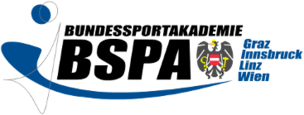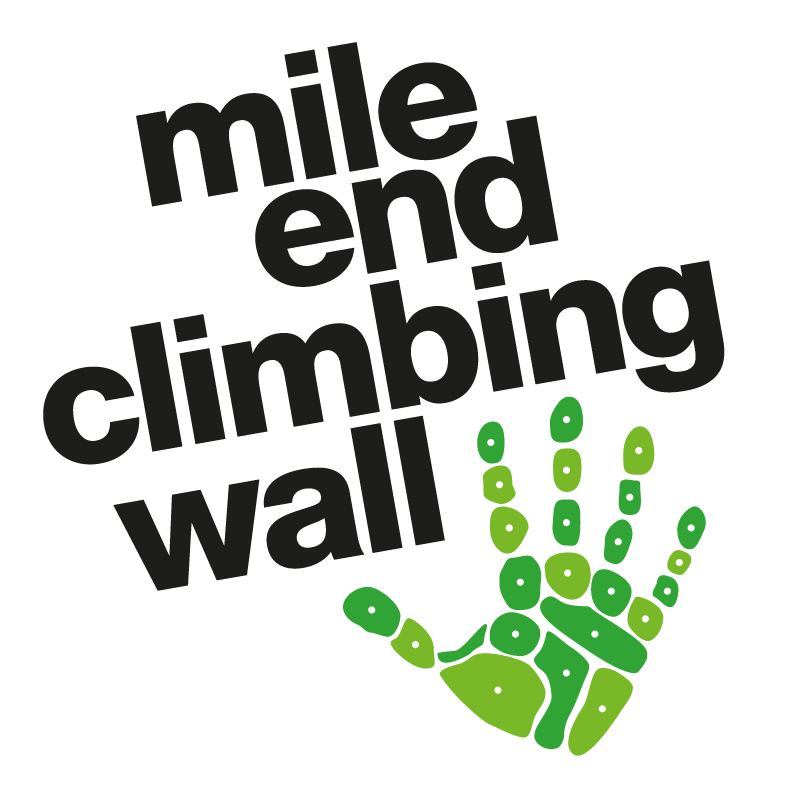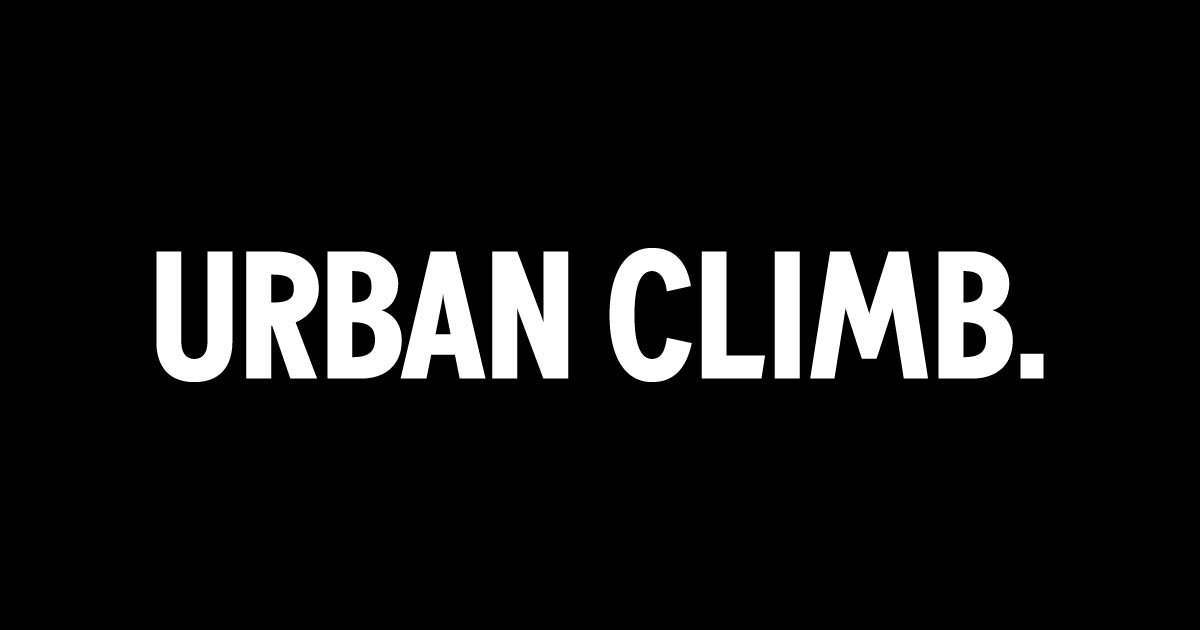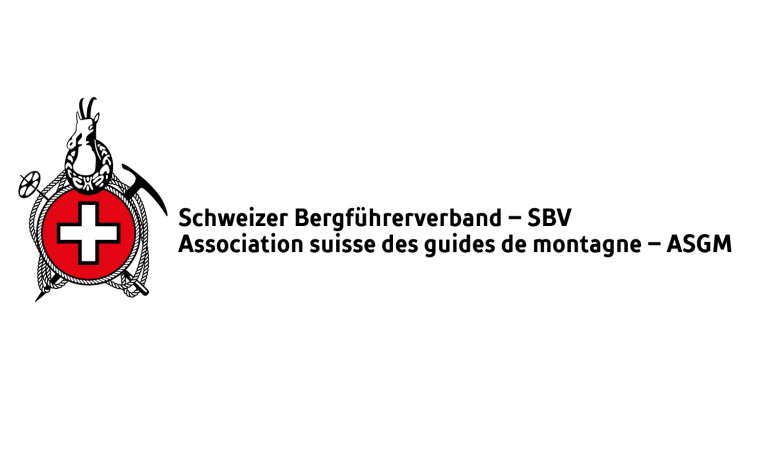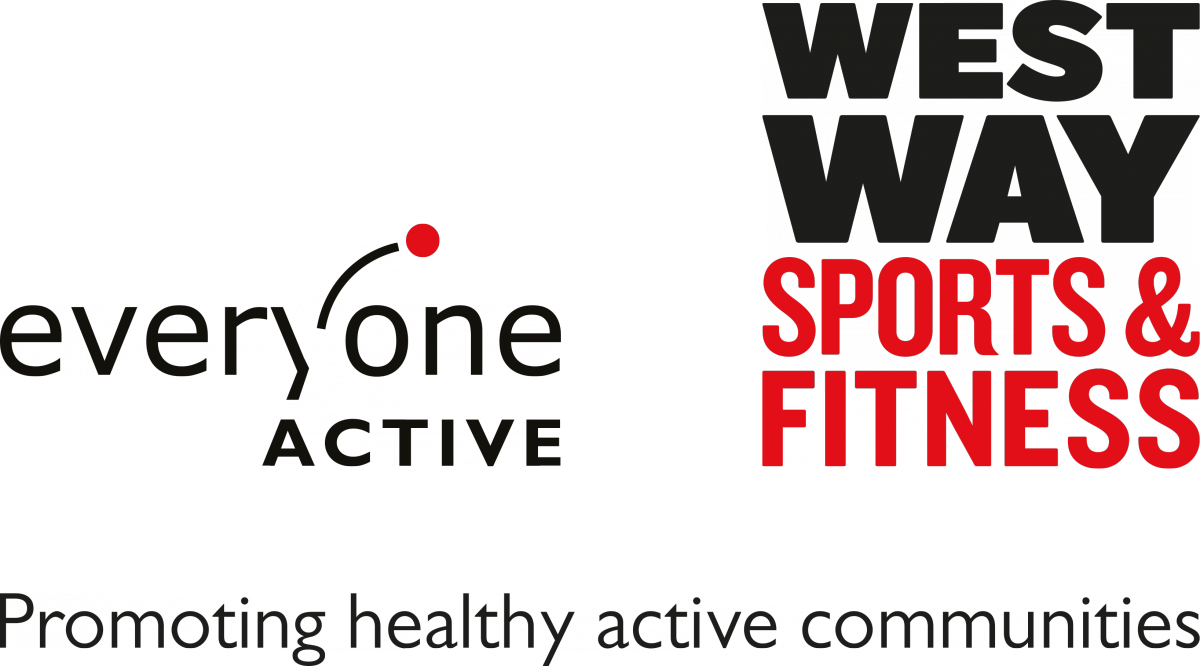Coach Education Classes
Being a coach isn't always easy: How do you deal with pressure in competitions or with expectations of your employer, of the federation, the athletes and their parents? How do you deal with always being assessed based on your athletes' results or constantly being on the road? How do you detach from work and manage to balance different domains of your life?
And how can you mentally support your athletes and help them grow in the best possible way? How do you communicate with your athletes, foster their confidence and emotionally support them when they need it?
We believe that there is nothing more powerful in climbing than a coach who truly understands their athletes.
We aim to help coaches to better support their athletes mentally – and hence become holistically better coaches.
Coach Education Classes 2025
-
Coaching Youth Climbers
Thursday, 6th March 2025, 6:00-8:30pm (Central European Time)
€109 ($119 / ~£94)
-
Mastering Emotions
Thursday, 20th March 2025, 6:00–8:30pm (Central European Time)
€109 ($119 / ~£94)
-
Communication
Thursday, 03rd April 2025, 6:00-8:30pm (Central European Time)
€109 ($119 / ~£94)
-
Fostering Confidence
Thursday, 15th May 2025, 6:00–8:30pm (Central European Time)
€109 ($119 / ~£94)
-
Eating Disorder Prevention
Thursday, 22nd May 2025, 6:00–8:30 PM (Central European Time)
€109 ($119 / ~£94)
Our Coach Education Classes
-
This class aims to foster your understanding for the psychological developmental stages of your athletes, their needs depending on their age and how you can best possibly support them.
What you will learn
• Psychological development of children and youth climbers
• Psychological needs of children and youth climbers
• Psychological tools and exercises how to mentally support your athletes
• How to form a training climate
• Insights and practical examples
-
Emotions are contagious. What if you, as a coach, could not only better handle your own emotions – but if that also had a positive effect on both your coach-athlete-relationship, your performance as a coach as well as your athletes’ performance?
What you will learn
• Internal and external coach stressors
• Stress models and contagious stress
• Coach-athlete-relationship
• Body language
• Positive emotional contagion
• Coping strategies
-
Good communication is the basis of any relationship. Even if you don’t say anything, you will communicate. What if you communicated more consciously – and better with your athletes?
What you will learn
• What is communication?
• Different communication models
• Exercises for a conflict-free communication
• Dealing with conflicts
• Giving constructive feedback
-
Confidence is undoubtedly one of the key elements to success. If you have confidence, you will help develop confidence in those around you. So helping others develop confidence always starts with self-leadership and introspectively
What you will learn
• Self-concept, self-worth and self-esteem
• Becoming comfortable with failing
• Creating a team climate that allows failing
• Develop a “success and failure philosophy”
• Positive team communication to foster confidence
• Mental training tools to foster confidence
-
Understanding your and your athletes’ emotions – when and why they occur, the message behind them, which ones are beneficial for our performance and which ones are rather a hindrance – will not only lead to a better understanding, but will also improve your to emotion regulation and pass this knowledge on to your athletes.
What you will learn
• What are emotions, how and why do they arise
• Why are emotions important
• Emotional intelligence
• How to regulate your emotions (and help athletes regulate theirs)
-
You will never be able to make it right with everyone. So most importantly, you have to be aligned with your own goals and values. That is what this class focusses on: on the development of your own personal philosophy.
What you will learn:
• Why a coaching philosophy matters
• What impacts your coaching philosophy
• What are your core objectives, beliefs and principles?
• What’s your why?
• About your self-concept, your self-esteem and self-disclosure – and why they matters when developing your coaching philosophy
• Development of your personal coaching philosophy
-
Eating disorders pose significant risks in climbing, where weight and performance often intersect. Coaches are key to fostering a healthy environment that emphasizes well-being. This class equips coaches with tools to spot warning signs, promote positive communication, and support balanced approaches to performance and nutrition.
What you will learn
• Eating disorders (clinical diagnostics criteria, signs of recognition, etc.)
• Risk factors
• Eating disorders (ED) in climbing (prevalence and risk factors)
• Differentiation ED, DE & REDs• Help and prevention
• Coach/parents: weight communication, supportive environment
• Questionnaires
Learn about our services
Pricing
Coaching Youth Climbers
€109 / ~$119 / ~£94
Fostering Your Athletes’ Confidence
€109/ ~ $119 /~£94
Popular
All Coach Education Classes – One Package
€490 / ~$513 / ~£410
Coaching Youth Climbers
Early Bird Price
€89 / $97 / £77)
instead of €109 ($119 / ~£94)
Communication
€109/ ~ $119 /~£94
Eating Disorder Prevention
€109/ ~ $119 /~£94
Prices are in Euros. The estimated conversion rates in USD and GBP are shown above, based on the current exchange rate.
Mastering Emotions
€109/ ~ $119 /~£94
Join Our Climbing Coaches Community!
What You’ll Receive
When you join our Coach Education Class, you’ll gain access to a comprehensive toolkit designed to elevate your coaching skills and help your athletes thrive:
Certificate of Completion
Showcase your expertise and commitment to professional development.Comprehensive Handout
A detailed resource packed with key information, graphics, and insights to reference anytime.Athlete-Focused Worksheets
Practical tools to guide your athletes through mental skills exercises and development.Video Recordings
Revisit the class at your own pace with recordings available for up to two weeks after the session.Accreditation
Check with your local climbing coaching educational system to see if our course is officially accredited in your region.
Empower your coaching journey with resources you can rely on—crafted by experts in climbing psychology.
I’m a coach
I want to expand my skillset with mental training.
I’m a gym
I want to provide my staff with mental training tools.
I’m a federation
I want to give all of my coaches access to mental training tools.
We are always looking forward to hearing from you and adapting our offers to your needs and wishes!
Please note that due to high demand, we have recently been prioritizing Coach Education Classes exclusively for gyms, educational programs, and federations. We are, however, excited to share that we will be releasing dates for our online Coach Education Classes, open to all, in early 2025. To ensure you won’t miss it, consider joining our waitlist.
Gyms, Educational Programs, and Teams We Have Worked With:
What You Don’t Get
No fluff — just the good stuff. We only share the proven frameworks and tools that have a track record of results.
No quick fixes. (The mind is a complex infrastructure and doesn't rewire overnight). There are so many different mental aspects to learn about as a coach and becoming mentally stronger is an on-going journey – for both you as a coach and your athletes. This is the start to becoming more aware of what you can do, what impact you have and how to foster both your athletes’ performance, enjoyment and well-being in climbing.
Our classes are designed to help you better understand your team. But learning and hearing about something is something completely different to applying it. The application of what you learn is up to you. We recommend you to reflect yourself on what you have learnt afterwards, so you can better implement your lessons learnt into your every day training.
The Team
-

"A coach who integrates psychological strategies into their approach can better support athletes in handling performance pressure, sustaining motivation, and achieving long-term growth."
Madeleine Crane
-

"The mental side of climbing is as challenging as the physical. By educating coaches in climbing psychology, we empower them to create environments that foster confidence, adaptability, and emotional regulation for their athletes."
Carina Jungblut
What Climbing Coaches Are Saying About Our Education Classes
-
We enjoy working with Madeleine a lot! She's been educating different levels of trainers during the national federation's trainersweekend. Not only is she very professional and knows from a competitors, as well as from a sportpsychologists background what she's talking about, but she's also very enthousiastic, motivating the trainers and climbers and creating valuable and inspiring interactions.
A. Van Weert, Netherlands
-
Whether you are a competition climber or weekend warrior Madeleine can help you address the mental barriers that hold us back in sport. We attended a workshop for coaches, here in Ireland for Mountaineering Ireland, which really highlighted how communication, body language and visualisation can help the mindset of the athletes you work with to facilitate their best performances. She also provided a workshop on the Psychology of Sending and after applying the principles of the workshop it enabled me to unlock the sequence of my project and I sent it 2 weeks later. I would highly recommend Madeleine to anyone who is willing to explore and develop their thought processes to enhance their performance in life. It really works!
R. Hunter, Ireland
-
Definitey great and very professional expercts! They know what they are doing and have a deep and close relationship and insight in climbing, climbing comunity, training amd competition area... They knows how to serve you those knowldege on understandabe and interesting way! Definitely reccomend ;)
M. Markovič, Slovenia
-
Climbing Psychology has a wealth of knowledge and experience, and shares it in so many different ways to appeal to all members of the climbing community - from individual climbers struggling with the mental game of climbing, to coaches and parents supporting athletes. I have taken four Coach Education Classes with Madeleine, and I have benefited from and enjoyed each one. I have never gone into one of these sessions with no knowledge on the topic - normally I would have some experience in the matter, or would have carried out some research myself. But without question, no matter how much I know beforehand, I learn something new in these sessions. We will never know everything, and the interactive nature of the sessions allows coaches to share their experiences from all over the world. We all get to learn and share together in a safe, open environment. Can't wait for some more sessions!
N. Kavanagh, Ireland


